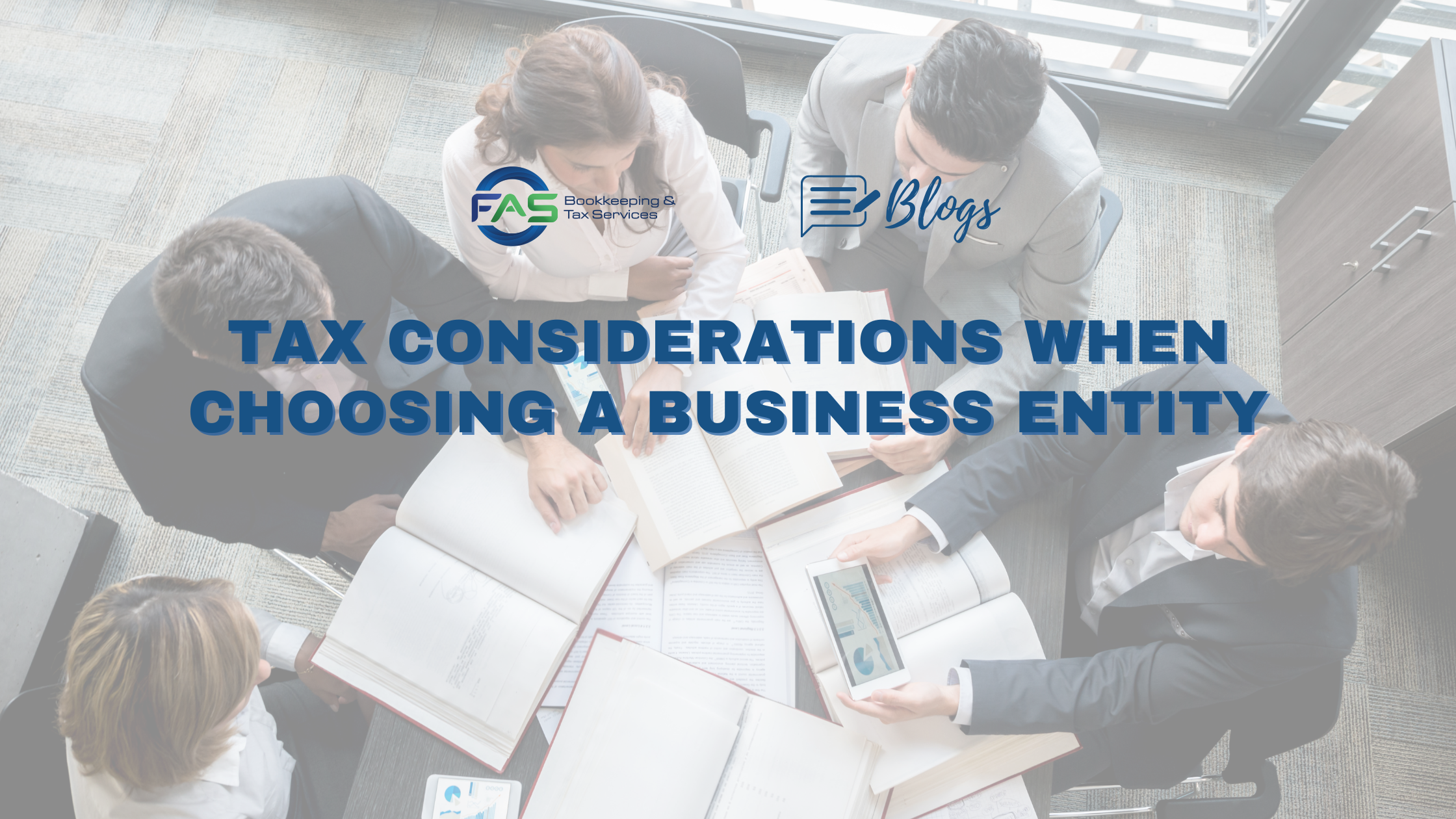An offer in compromise (OIC) is an agreement between a taxpayer and the Internal Revenue Service that settles a taxpayer’s tax liabilities for less than the full amount owed. That’s the good news. The bad news is that not everyone can use this option to settle tax debt; the IRS rejected nearly 60 percent of taxpayer-requested offers in compromise. If you owe money to the IRS and wonder if an IRS offer in compromise is the answer, here’s what you need to know.
Who is Eligible?
If you can’t pay your full tax liability or doing so creates a financial hardship, an offer in compromise may be a legitimate option. However, it is not for everyone, and taxpayers should explore all other payment options before submitting an offer in compromise to the IRS. Taxpayers who can fully pay the liabilities through an installment agreement or other means generally won’t qualify for an OIC.
To qualify for an OIC, the taxpayer must have:
- Filed all tax returns.
- Made all required estimated tax payments for the current year.
- Made all required federal tax deposits for the current quarter if the taxpayer is a business owner with employees.
IRS Acceptance Criteria
Whether your offer in compromise is accepted depends on several factors; however, typically, an offer in compromise is accepted when the amount offered represents the most the IRS can expect to collect within a reasonable time frame – referred to as the reasonable collection potential (RCP). In most cases, the IRS won’t accept an OIC unless the amount offered by a taxpayer is equal to or greater than the reasonable collection potential (RCP), which is how the IRS measures the taxpayer’s ability to pay.
The RCP is defined as the value that can be realized from the taxpayer’s assets, such as real property, automobiles, bank accounts, and other property. In addition to property, the RCP also includes anticipated future income minus certain amounts allowed for basic living expenses.
The IRS may accept an OIC based on one of the following criteria:
Doubt as to liability. An OIC meets this criterion only when there’s a genuine dispute about the existence or amount of the correct tax debt under the law.
Doubt as to collectibility. This refers to whether there is doubt that the amount owed is fully collectible such as when the taxpayer’s assets and income are less than the full amount of the tax liability.
Effective tax administration. This applies to cases where there is no doubt that the tax is legally owed and that the full amount owed can be collected, but requiring payment in full would either create an economic hardship – or would be unfair and inequitable because of exceptional circumstances.
Application and Fees
When requesting an OIC from the IRS, use Form 656, Offer in Compromise, and also submit Form 433-A (OIC), Collection Information Statement for Wage Earners and Self-Employed Individuals. If you are applying as a business, use Form 433-B (OIC), Collection Information Statement for Businesses. A taxpayer submitting an OIC based on doubt as to liability must file additional forms as well.
A nonrefundable application fee, as well as initial payment (also nonrefundable), is due when submitting an OIC. If the OIC is based on doubt as to liability, no application fee is required, however.
If the taxpayer is an individual (not a corporation, partnership, or other entity) who meets Low-Income Certification guidelines, they do not have to submit an application fee or initial payment. They will not need to make monthly installments during the evaluation of an offer in compromise.
The initial payment is based on which payment option you choose for your offer in compromise:
- Lump-Sum Cash. Submit an initial payment of 20 percent of the total offer amount with your application. If your offer is accepted, you will receive written confirmation. Any remaining balance due on the offer is paid in five or fewer payments.
- Periodic Payment. Submit your initial payment with your application. Continue to pay the remaining balance in monthly installments while the IRS considers your offer. If accepted, continue to pay monthly until it is paid in full.
If the IRS rejects your OIC, you will be notified by mail. The letter will explain why the IRS rejected the offer and provide detailed instructions on appealing the decision. An appeal must be made within 30 days from the date of the letter.
Questions?
If you have any questions about the IRS Offer in Compromise program, don’t hesitate to contact us for more information.





